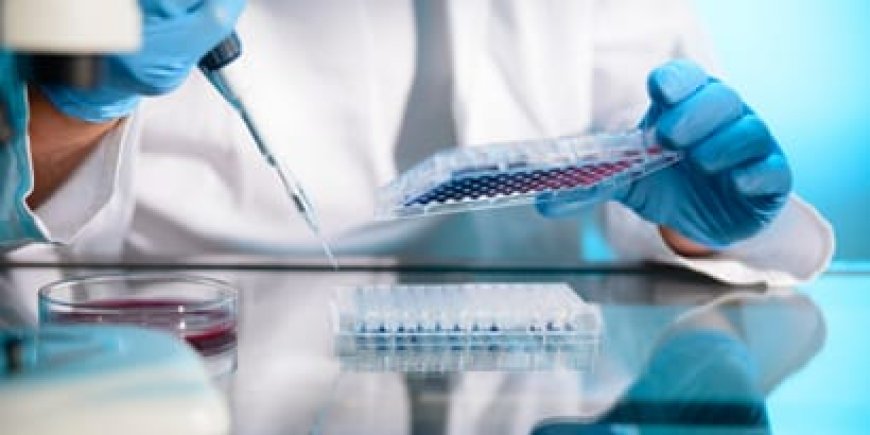Stem Cell Therapy

Stem Cell Therapy
What is Stem Cell Therapy?
Stem cell therapy involves the use of stem cells to treat or prevent diseases and conditions. Stem cells are unique cells with the ability to develop into many different cell types in the body, offering potential for regenerating damaged tissues and organs.
Types of Stem Cells
1. *Embryonic Stem Cells*: Derived from early-stage embryos, these cells can differentiate into any cell type in the body.
2. *Adult Stem Cells*: Found in various tissues (like bone marrow), these cells are more limited in their differentiation potential but play a crucial role in repairing and maintaining tissues.
3. *Induced Pluripotent Stem Cells (iPSCs)*: Adult cells that have been genetically reprogrammed to an embryonic stem cell-like state, allowing them to differentiate into various cell types.
Applications of Stem Cell Therapy
1. *Regenerative Medicine*
- *Tissue Repair*: Stem cells can help repair damaged tissues in conditions such as heart disease, liver disease, and spinal cord injuries.
- *Organ Transplantation*: Research is ongoing into using stem cells to develop organs for transplantation, potentially addressing organ shortages.
2. *Autoimmune Diseases*
- Stem cell therapy has shown promise in treating autoimmune diseases like multiple sclerosis and lupus by resetting the immune system.
3. *Cancer Treatment*
- *Hematopoietic Stem Cell Transplantation*: This involves using stem cells to treat blood cancers, such as leukemia, by replacing damaged bone marrow.
4. *Neurological Disorders*
- Research is exploring the use of stem cells in treating conditions like Parkinson’s disease, Alzheimer’s disease, and amyotrophic lateral sclerosis (ALS).
Risks and Challenges
1. *Ethical Concerns*
- The use of embryonic stem cells raises ethical questions regarding the beginning of life and the moral status of embryos.
2. *Tumor Formation*
- There is a risk that stem cells may develop into tumors if not properly controlled.
3. *Immune Rejection*
- Transplanted stem cells may be rejected by the patient’s immune system, especially if they are not derived from the patient’s own body.
4. *Regulatory Issues*
- The field of stem cell therapy is subject to strict regulations, which can affect the availability of treatments and the pace of research.
What's Your Reaction?





























































